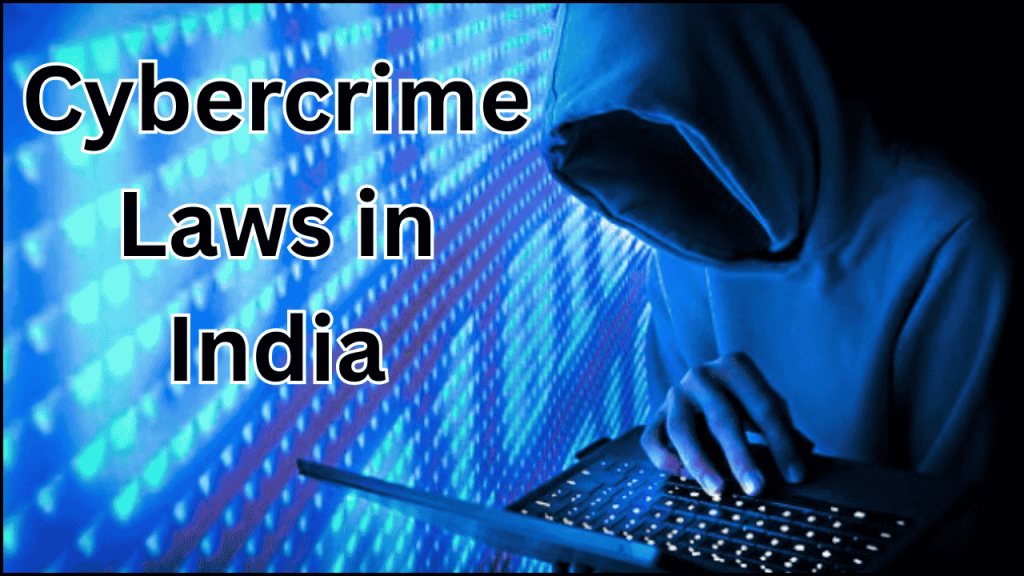
As India rapidly progresses into the digital age, the convenience and reach of the internet have brought with them a new wave of challenges. One of the most significant threats of this era is cybercrime, criminal activities conducted through digital platforms. From identity theft to online harassment, the forms of cybercrime are varied and constantly evolving. Fortunately, India has recognized the severity of these offenses and has established several laws to combat them. Understanding what counts as a cyber offense and the laws that govern them is essential in today’s interconnected world.
What is Cybercrime?
Cybercrime refers to illegal activities that involve computers, networks, or digital devices. These crimes can be targeted at individuals, businesses, or even government institutions. In India, the scope of cybercrime has widened over the years, ranging from hacking and financial fraud to online abuse and cyberbullying.
The Information Technology Act, 2000 (amended in 2008), is India’s primary legislation that deals with cyber offenses. Alongside this, several provisions from the Indian Penal Code (IPC) are applied to cover areas where the IT Act may fall short.
Common Types of Cybercrimes in India
1. Hacking and Unauthorized Access
Hacking refers to gaining unauthorized access to a computer system, network, or digital resource. It is one of the most common cyber offenses in India. Under Section 66 of the IT Act, hacking is a punishable offense, and perpetrators can face imprisonment of up to three years along with a fine.
2. Identity Theft and Phishing
Identity theft involves stealing someone’s personal information, like Aadhaar numbers, bank details, or email credentials, to impersonate them. Phishing is a related technique where victims are tricked into providing confidential information through fake websites or emails. Both offenses are covered under Section 66C and 66D of the IT Act.
3. Cyberstalking and Online Harassment
With the increase in social media usage, cyberstalking and online harassment have become increasingly prevalent. These include sending threatening messages, making unsolicited advances, or publicly shaming someone online. Section 354D of the IPC specifically addresses cyberstalking, particularly when directed toward women.
4. Cyberbullying and Trolling
Cyberbullying involves using digital platforms to intimidate, belittle, or mock others. Although not defined explicitly in the IT Act, such acts can be prosecuted under IPC sections related to defamation (Section 499) and criminal intimidation (Section 503).
5. Online Financial Fraud
Scams like online banking frauds, credit card cloning, and fraudulent online shopping websites fall under financial cybercrimes. Section 66F of the IT Act, which deals with cyber terrorism, and various IPC provisions like Section 420 (cheating) are used in prosecuting such cases.
6. Publishing Obscene Content Online
Uploading or sharing sexually explicit content or child pornography on the internet is a serious offense. Sections 67, 67A, and 67B of the IT Act specifically address these crimes and impose severe penalties, including imprisonment of up to seven years and heavy fines.
7. Cyber Terrorism
When cyber activities are used to threaten national security, disrupt essential services, or spread fear, it is termed cyber terrorism. Section 66F of the IT Act addresses this offense, which is considered non-bailable and attracts stringent punishment.
Laws Governing Cybercrimes in India
Here are the key legislations and sections used to deal with cyber offenses in the country:
- Information Technology Act, 2000 (IT Act): The cornerstone law that handles most cybercrimes. It includes provisions for electronic records, digital signatures, and various offenses like hacking, identity theft, and obscenity.
- Indian Penal Code (IPC): Several cyber offenses are charged under IPC sections such as:
- Section 419 & 420 – for cheating and impersonation
- Section 499 – defamation
- Section 503 – criminal intimidation
- Section 509 – insulting the modesty of a woman
- Companies Act, 2013: Corporate cybercrimes such as data breaches, digital fraud in corporate governance, and non-compliance with digital security norms are addressed under this act.
- Protection of Children from Sexual Offences Act (POCSO): In cases involving children and online abuse, POCSO provisions are applied in addition to the IT Act.
Legal Remedies and Complaint Process
If someone becomes a victim of cybercrime, they can file a complaint at their nearest cybercrime police station or submit it through the official National Cyber Crime Reporting Portal (cybercrime.gov.in). In urgent cases like financial fraud, time is critical, and authorities encourage immediate reporting.
For serious offenses, victims may also approach the Cyber Appellate Tribunal or respective High Courts. In civil cases, monetary compensation for damages may also be pursued.
Challenges and the Way Forward
Despite comprehensive laws, implementation and enforcement still face many challenges. There is often a lack of technical expertise among local law enforcement agencies. Moreover, with the ever-changing nature of technology, laws need constant updating to stay relevant.
Awareness among users is also a major issue. Many victims hesitate to report incidents due to fear of social stigma or lack of understanding about the law. Educating citizens about digital hygiene and their legal rights is crucial.